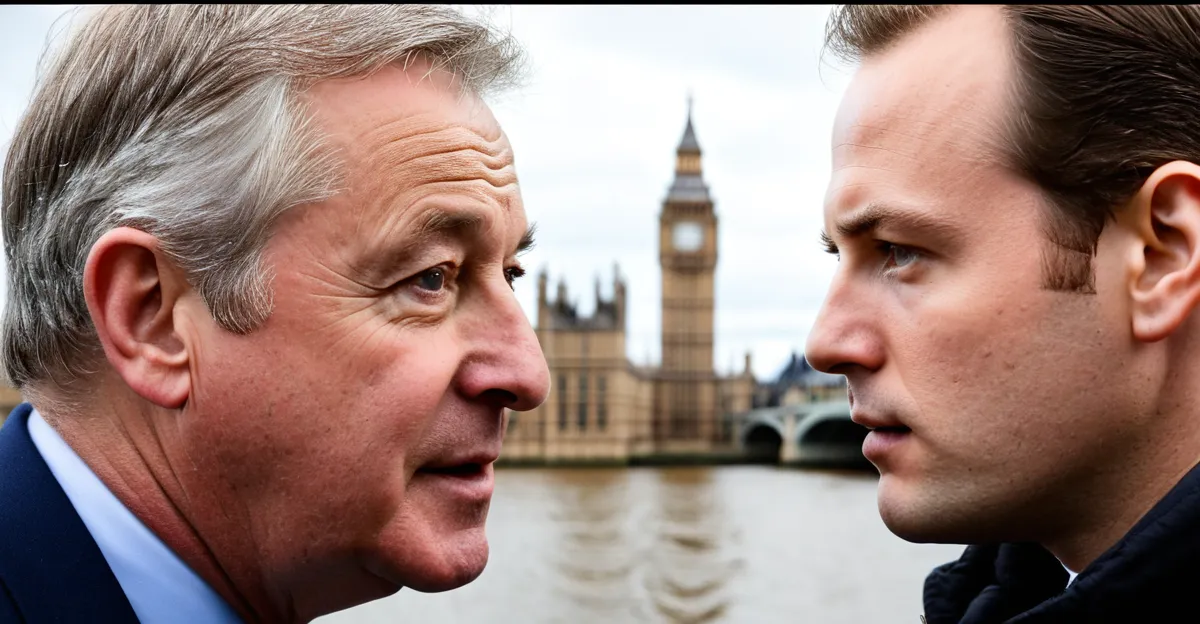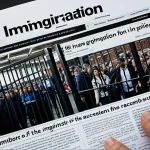Impact of Major Political Shifts on UK Foreign Policy
Significant events in the UK political landscape have profoundly influenced its foreign policy impact. Brexit stands as a pivotal moment, immediately altering diplomatic ties by severing the UK’s formal membership within the European Union. This shift demanded rapid negotiation of trade agreements, security collaborations, and regulatory alignments with EU member states and beyond.
Leadership changes and frequent elections have further reshaped the UK’s international stance. Each administration brings distinct priorities, affecting alliances and negotiation styles. For example, shifts from Conservative to Labour-led governments—or vice versa—often result in recalibrated foreign strategies, reflecting differing attitudes toward globalization, defense commitments, and relationships with major powers.
This might interest you : What are the implications of recent immigration policies in the UK?
Post-Brexit, the UK pursued a “Global Britain” vision, emphasizing new trade deals and partnerships, notably outside Europe. However, domestic political instability occasionally complicates consistent foreign policy. The interplay between the evolving UK political landscape and its diplomatic objectives highlights how internal events directly mold external relations, creating a dynamic international profile. Such patterns underscore the necessity of monitoring ongoing elections and leadership dynamics to anticipate future foreign policy directions.
Altered Alliances and Global Partnerships
The UK international alliances landscape has undergone significant transformation post-Brexit, reshaping its diplomatic relationships worldwide. The UK’s exit from the European Union ended decades of deep integration, compelling the country to reconsider commitments within traditional partnerships and forge new paths globally. Changes with European Union member states have ranged from renegotiated trade terms to cooperation in security, reflecting a more independent but complex relationship.
Have you seen this : What Are the Least Covered Stories in the UK News Media?
Beyond Europe, the UK’s global partnerships have evolved to emphasize diversification. The “Global Britain” initiative champions alliances beyond the continent, particularly strengthening ties with the United States and Commonwealth countries. The US remains a pivotal ally, but the UK international alliances now show signs of recalibrating around shared security and economic interests rather than institutional ties.
Meanwhile, emerging economies such as India, Australia, and several African nations present fresh opportunities. These diplomatic relationships are driven by mutual trade benefits, investment prospects, and geopolitical considerations. The UK’s proactive approach to forming robust global partnerships signals a strategic pivot aimed at sustaining its influence amid changing global dynamics.
This ongoing realignment highlights how Brexit and shifts in global politics compel the UK to continuously adapt its alliances, balancing tradition with innovation in a rapidly evolving international arena.










